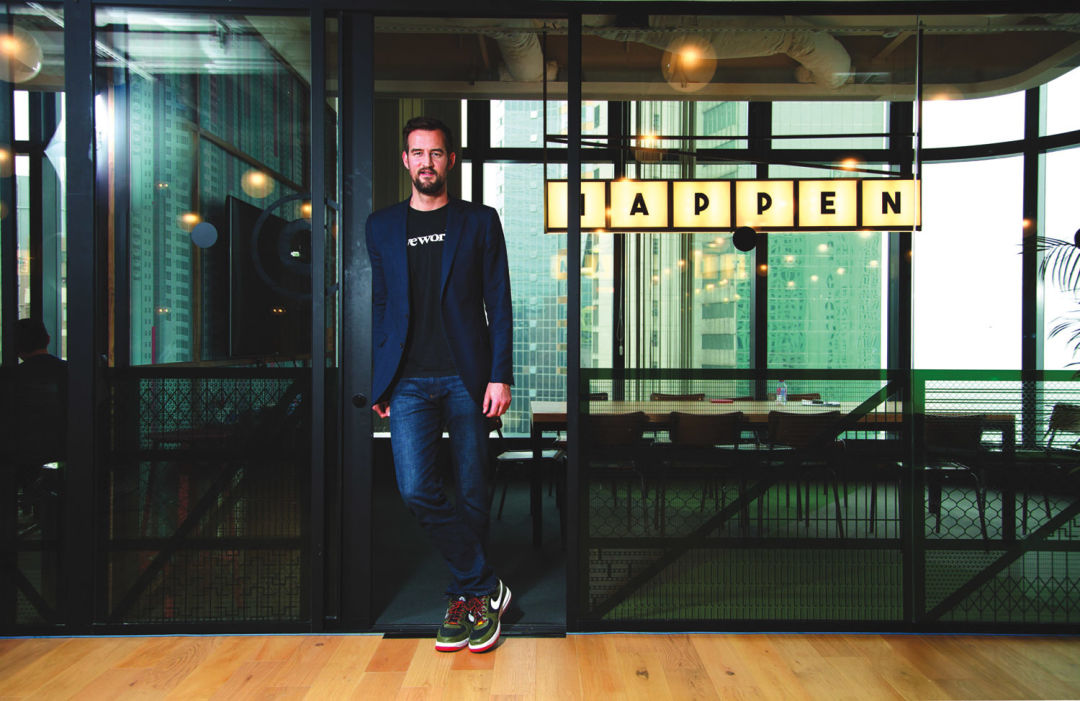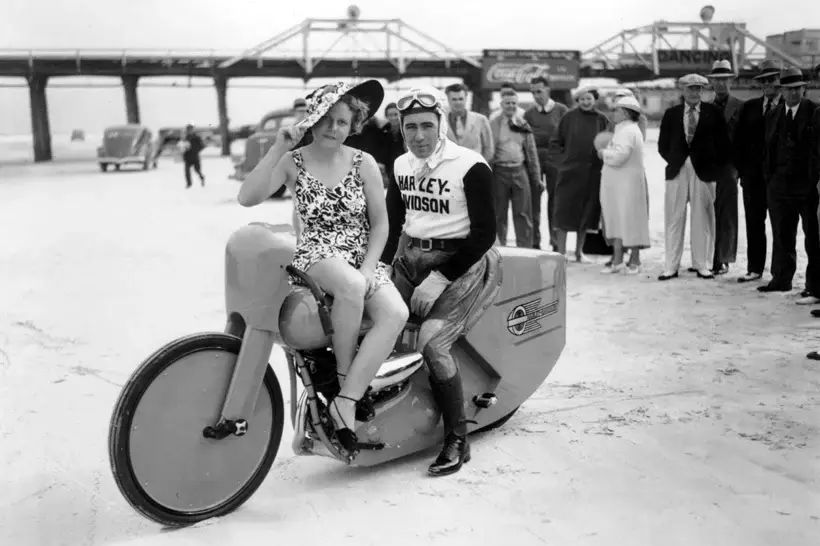WeWork Had a Great Fall. Now an Oregon Native Is Trying to Put It Back Together Again.

Miguel McKelvey grew up in a collective of single mothers in Eugene with a gaggle of “siblings.” His sister Sadie Lincoln went on to start the Madonna-approved boutique exercise studio behemoth Barre 3, while his mother founded the newspaper that became Eugene Weekly. The all-together-now ethos at the commune would later inspire the dream that became WeWork.
Image: Courtesy Miguel McKelvey
You may have heard about the WeWork guy, the cofounder who walked around the office barefoot, bagged a $4.4 billion investment in 12 minutes, hotboxed the company’s private jet, and washed everything down with tequila before getting summarily bounced after the coworking company’s spectacular failure of an IPO.
This story is not about that guy.
This story is about that other WeWork guy, the one born and raised in Oregon, who is still turning up for work every day at the commercial real estate company to keep expanding its number of sharply designed shared workspaces for rent—at recent count, in 140 cities across 37 countries.
“I’m still here because I believe in the mission,” says Miguel McKelvey from his Manhattan home. That mission, per WeWork’s website, is to “create a world where people work to make a life, not just a living.”
McKelvey, serious and very much on message in an interview, is nevertheless unafraid to name-drop his infamous cofounder, Adam Neumann. In fact, even after the company’s value dropped by at least $35 billion last year, resulting in some 2,400 layoffs, he still won’t talk about regrets and considers Neumann a friend.
But it’s clear McKelvey is cut from a very different cloth. In fact, he presents like a Pacific Northwest antidote to the brash East Coast chutzpah that once defined his company. A tall, bearded architect and design nerd turned start-up billionaire, he has a story that’s less rags to riches and more hippie to hipster.
McKelvey grew up in a collective of single mothers in Eugene with a gaggle of “siblings.” His sister Sadie Lincoln went on to start the Madonna-approved boutique exercise studio behemoth Barre 3, while his mother founded the newspaper that became Eugene Weekly.
The all-together-now ethos at the commune would later inspire the dream that became WeWork; the independence seeded in his unorthodox upbringing fueled his solo move to New York in his early 30s, where he made the connections that would win and lose him a fortune.
But before that, it was in Portland’s start-up scene that he came of age and where the seeds of WeWork were planted, in part through his early participation in Starve Ups, a networking initiative for start-up founders that included a number of future Portland-area tech world luminaries, including Sidebar CEO and founder John Hayden; Ryan Buchanan, CEO of digital marketing agency Thesis; and Vail Horton, founder of medical equipment company Keen Healthcare.
Then came New York, and an encounter with Neumann through a mutual friend that became an unlikely friendship and led to the creation of what was once the most valuable private start-up company in the country.
Neumann flamed out—though not without a reported $1.2 billion in his pocket—but McKelvey is still there, the steady hand behind the wheel, wearing his title, chief cultural officer, with gravitas. Known more for fireside chats than tequila benders, McKelvey sent out a company-wide rallying cry last December, as the dust began to settle on WeWork’s spectacular fall from grace and massive layoffs, reminding the global team that “the story of who we are as a company is up to us to define.”
With that, WeWork continues to grow, opening new offices from Abu Dhabi to, in February, the Lloyd District, its fourth Portland location and a potential shot in the arm for a neighborhood struggling to reinvent itself. The nearly 50,000-square-foot building close to Northeast’s Holladay Park is signature WeWork—warm tones, bright pops of color, wooden shelving, abundant plants—but with its own subtle homage to the (relatively) nearby Music Millennium in some interior brickwork and in the ubiquitous vinyl sourced from the venerable record store. The free beer is gone—in North America, at least, WeWork has moved to kombucha and cold brew on tap—but there’s a glorious rooftop lounge and a light-filled basement patio with a mural from local artist David Rice to sweeten that particular blow.
So how does McKelvey plan to win back people—the new Portland space alone can house 870—who have lost trust in the company? “There’s nothing that’s going to change people’s perception other than a great experience,” he says. “If we deliver that, I think the rest of what might be out in the world, or the media, is much less relevant than the fact that we are empowering people, we’re helping to make them happier, more efficient, more productive. And if we do that for people, I think that will speak for itself.”




